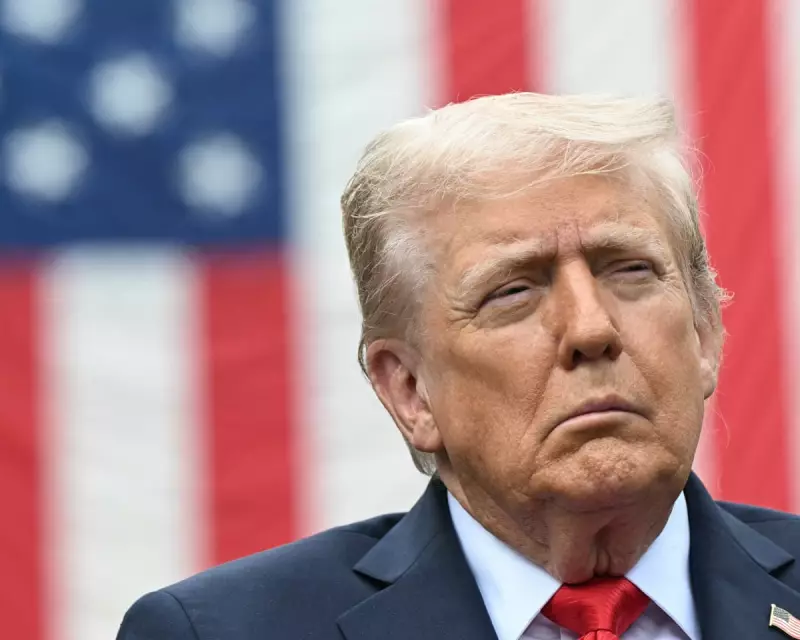
Analysts and opponents have long focused on the torrent of falsehoods that characterises Donald Trump's political career. But a more complex and perhaps more potent weapon in his arsenal is his occasional, jarring deployment of the truth.
This isn't the honesty of integrity, but a calculated, unnerving candour used as a strategic tool. It's a phenomenon where a sudden admission of a blunt fact—often something others would shy away from—serves to disrupt, confuse, and ultimately reinforce his message.
The Strategy Behind the Candour
This tactical honesty works on multiple levels. Firstly, it creates a powerful contrast. By occasionally telling an uncomfortable truth, Trump cultivates an aura of authenticity, making his supporters more likely to dismiss his frequent lies as mere 'hyperbole' or 'fighting back against the system.'
Secondly, these moments are designed to dominate the news cycle. A shocking admission, such as his recent comments on a sensitive policy, instantly seizes attention, diverting focus from scandals or negative coverage and forcing the media to react on his terms.
Disarming Critics and Redefining Norms
This method is profoundly disorienting for critics. How do you attack a candidate for being dishonest moments after they have stated something verifiably true, even if it was politically incorrect or cynical? This oscillation between falsehood and brutal frankness keeps opponents off-balance.
Furthermore, this behaviour systematically normalises previously unacceptable discourse. By stating quiet parts aloud without apparent consequence, he shifts the Overton window, redefining what is considered a permissible statement in public life.
A Calculated Performance
It is crucial to understand that these eruptions of truth are not gaffes or slips. They are a core part of a performative political style. This calculated authenticity resonates with a base that feels traditional politicians are evasive and scripted.
For his supporters, these moments are not unnerving; they are refreshing. They signal a leader unafraid to challenge the established order and speak his mind, regardless of the fallout—a powerful narrative in an age of deep political disillusionment.
Ultimately, this creates a dangerous paradox. The political world's obsession with fact-checking his lies may be missing the bigger picture. The greater threat to political discourse may not be the lies we are prepared for, but the unsettling truths we are not.






